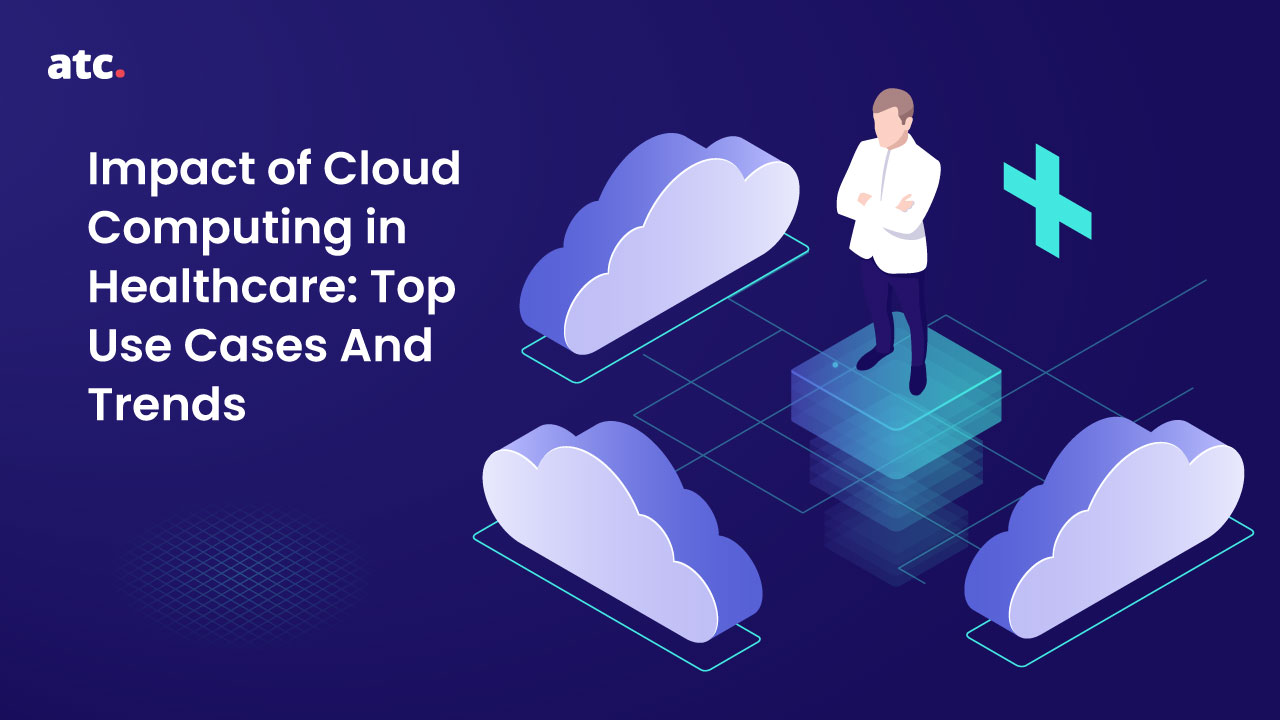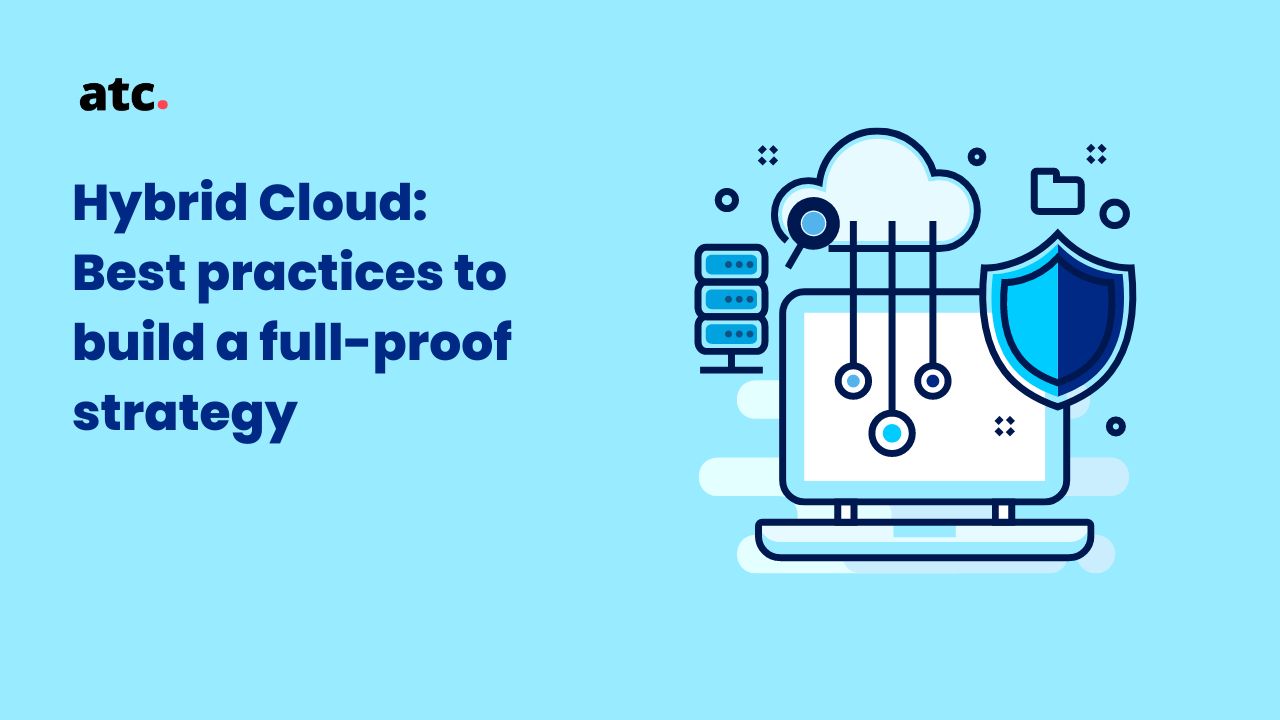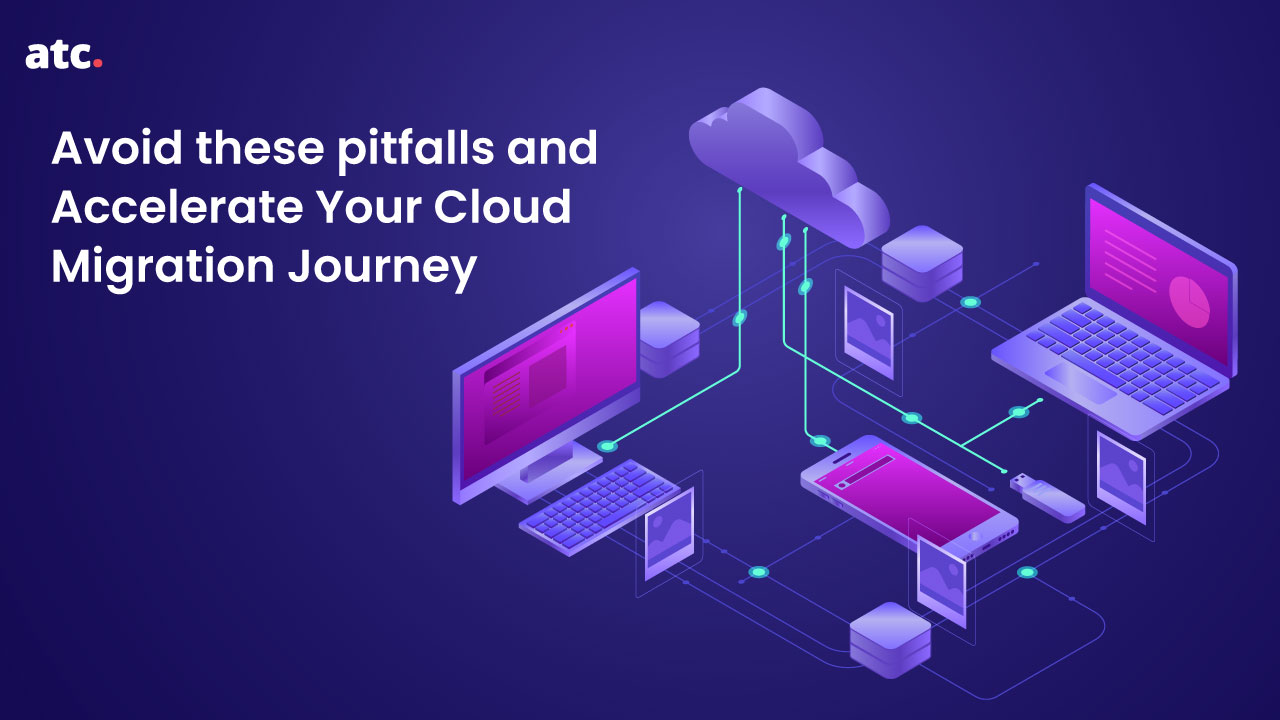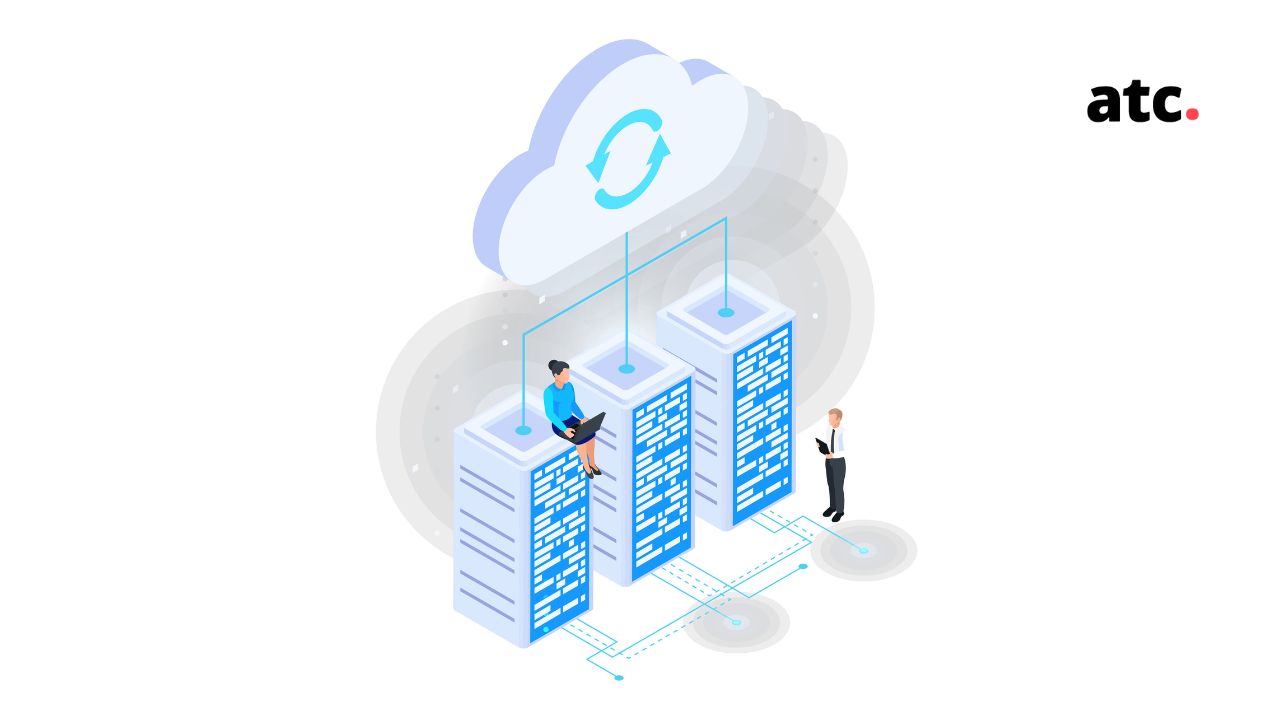Subscribe to the blog
The healthcare industry has seen many exciting shifts in recent years. From being responsible in critical times to creating patient engagement platforms, healthcare organizations are transforming at scale. And this was mostly possible due to cloud computing.
Cloud computing helps healthcare organizations use advanced computing services over the internet. It enables them to automate backend functions, share and transfer data, create cloud-native applications, and much more. Research by Mckinsey says that cloud computing in healthcare will generate a value of $100 Billion to $170 Billion by 2030.
So it’s no surprise that the cloud is a priority for most healthcare organizations.
If you are thinking of adopting the technology for your business, it makes sense to look at the top cloud computing use cases and trends. Below, we will look at how healthcare companies utilize the technology and what you can do to leverage cloud computing for your business.
Top use cases of cloud computing in healthcare!
- Tracking patient information to offer better care
Cloud-based patient tracking systems are helping medical professionals manage patient information to help them deliver high-quality care. The data is collected from the systems and stored on the cloud, empowering organizations to perform analytics and create better solutions.
Let’s see the benefits of using cloud-based tracking systems:
- Real-time transparency: With patient medical records available at your fingertips, you can get real-time insights about the patient’s treatment and recovery. This is crucial for high-risk patients.
- Faster claim filing: A centralized ledger of the patient’s medical record helps them file for claims easily. Due to the availability of real-time information, the claim filing process takes a lot less time and effort.
- Better decision-making: A snapshot of patient records helps medical professionals track critical issues, reduce errors and create better clinical treatments.
- Running clinical trials faster
A ground-breaking revolution in the healthcare sector is using cloud computing for running clinical trials. Traditional clinical research and implementation are pricey and complex as the data is stored on paper. It is tedious to analyze and also prone to security breaches. Companies also struggle with patient enrollment, engagement, and data sharing.
Cloud computing in healthcare enables organizations to extract clinical information from research trial participants easily and use advanced technologies such as AI and machine learning to make the process more effective and arrive at the results faster. Also, since cloud solutions are highly secure, companies can work with patient data without worrying about security breaches or malware attacks.
- An integrated ecosystem
Cloud is a platform that can help healthcare providers leverage other technologies like IoT, AI, and Machine Learning to create an integrated ecosystem. Combining the technologies can help medical professionals identify gaps in patient care, engage patients, and improve outcomes.
For instance, the data volume will increase exponentially in the upcoming years. This is why MedTech companies are using data analytics and Big Data to analyze unstructured data and create tools to detect and minimize the impact of various diseases. It will also help gather insights to identify areas for further medical research.
Let’s see how an integrated ecosystem can ultimately improve patient experience:
- Appointments and reminders: Cloud-based applications send automated reminders to patients to boost their overall wellness. Patients can easily set appointments or connect with doctors and practitioners in case of emergencies.
- Remote patient monitoring: Today, medical staff can monitor patient health from any location. Thanks to the cloud and IoT, patients can wear medical devices such as fitness watches, and the data get sent automatically, or they can log their test results on portals directly, helping doctors to monitor the results and offer better care.
- Help patients find critical information: Patients can access their records and refer to their past treatments anytime. They can also share the data with other medical practices. It helps them make better decisions regarding their health.
- Pay bills faster: Research shows that 51% of patients receive bills via post mail. Through cloud-based applications, patients can now clear their dues through payment portals and get their invoices easily, making the claim process much more efficient.
Top cloud computing trends in healthcare!
Now that we have seen the innovative ways companies use cloud platforms, we can move on to what is currently happening in the industry.
- Hybrid cloud deployment is the preferred choice
Cloud computing in healthcare is multi-faceted and not limited to one solution or platform. A report by IBM suggests that healthcare providers usually prefer hybrid cloud solutions because it offers a flexible and modern architecture. They can combine the benefits of public and on-premise cloud infrastructure and improve the organization’s agility. It can help the organization link systems together and ensure seamless data transfer.
- mHealth is growing
Mobile applications are growing in popularity, and it is the same for the healthcare sector. The mHealth industry was valued at USD 50.8 billion in 2021 and will grow at a CAGR of 27.2% from 2020 to 2027. These patient-centric applications perform multiple functions, but their primary function is to collect information from wearable devices and help patients keep track of their health. The data from mHealth apps can be stored on the cloud and shared with a practitioner to enable better treatment.
- Partnerships and collaborations will increase
Due to increased costs and rising demand for better patient care, many players in healthcare are collaborating and building new solutions. It may offer a promising avenue to create new capabilities, increase speed to market, and improve operational capacity. However, the merger and acquisition process can be overwhelming because of overflowing data and may need new approaches to help companies partner efficiently. Hence, cloud computing solutions with high scalability features will be desirable in the future.
- Investment in data security
Data is the focal point of the healthcare industry. Moreover, the sector also has strict governance policies that it must follow to avoid penalties. And with rising cyber frauds and security threats, it is only sensible for companies to invest in cloud security. Today, companies are investing in creating a secure cloud ecosystem that guards sensitive patient data and enables privacy controls.
How to get started with cloud computing in healthcare?
Here are some guidelines you can follow to create a roadmap for adopting a cloud solution for your organization:
- Know where you want to focus your investment: Setting up a cloud infrastructure requires a significant investment. That’s why highlighting areas where you could benefit from using the cloud can help do a cost-benefit analysis. For instance, if you need help managing and storing patient data, your most viable option is to try SaaS solutions.
- Explore cloud computing solutions: Above, we talked about using a SaaS solution. Similarly, there are other solutions available like Infrastructure as a service (IaaS) and Platform as a service (IaaS). These are public cloud platforms that offer different functionalities. You can also build an in-house cloud architecture but they can be a bit expensive. So looking at each option will help you narrow down your focus.
- Focus on business outcomes: Besides doing a cost-benefit analysis, have a set of business outcomes you want to achieve with cloud computing. It will help you do an ROI calculation in the future and understand the value delivered.
- Talk to an expert: The cloud computing market is vast. And that’s why it helps to talk to an expert about your concerns. Talking to an expert will help you compare different pricing plans and realize the value of each feature.
- Build the right talent: Using and maintaining cloud platforms requires skilled talent. As your organization grows, you will need an expert team to help you utilize cloud capabilities and transform faster. So it makes sense to attract and retain skilled professionals.
P.S. read this guide for a comparative understanding of SaaS, PaaS, and IaaS!
It’s time to enhance your organizational capabilities with the cloud!
For most healthcare companies, cloud computing is a shiny object with too many strings attached. In reality, it can help you unlock massive value in a short time. With so many affordable cloud products, you can choose a solution that meets your business requirements. As more healthcare organizations embrace cloud computing solutions, we are entering an era of improved processes, a better competitive position, and engaged patient experiences.
And if you need a guiding hand, we are here to help you embark on your cloud transformation journey.
ATC’s expert cloud consultants have deep industry expertise and a comprehensive approach to helping healthcare organizations design and implement successful cloud solutions. We will help you deal with every facet of cloud transformation, from performance improvement to data migration. Explore more about our services here!




